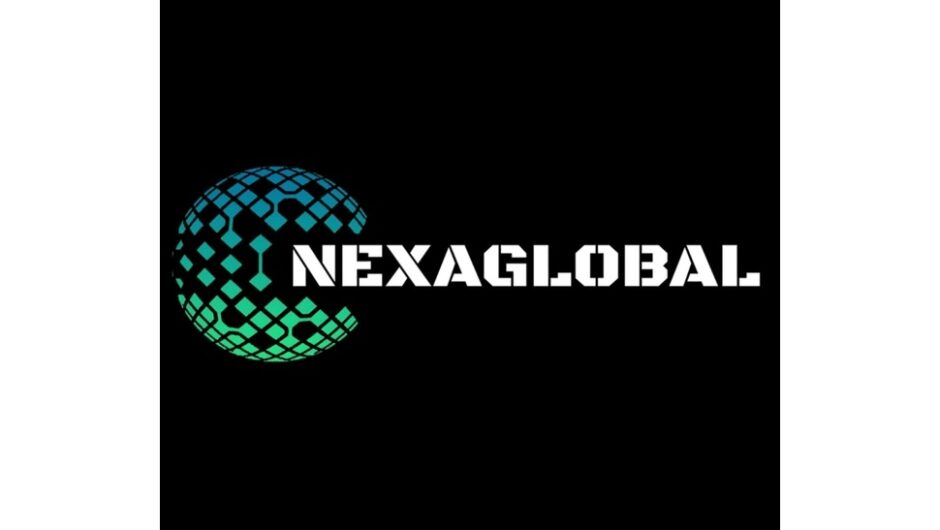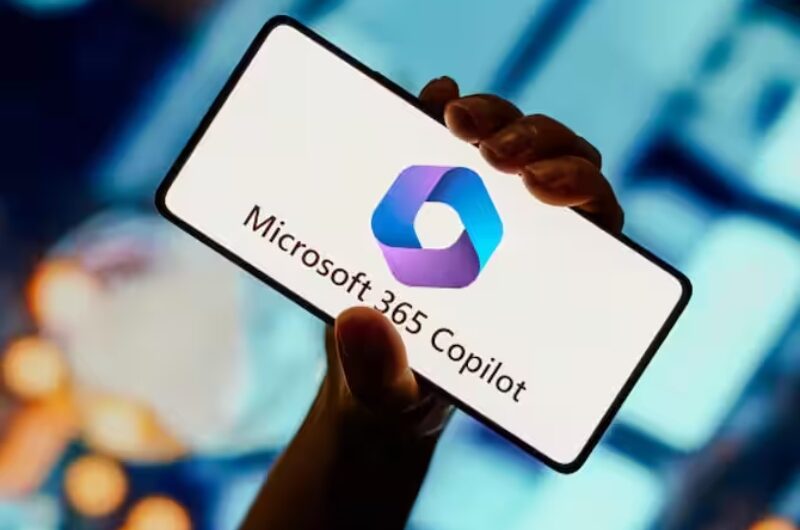We had predicted generative AI firms have no moat and no money a few months ago, and it has since been confirmed.
Sam Altman was correct when he predicted that the rise of generative AI chatbots like ChatGPT will eliminate the need for customer care positions. He’s not pursuing jobs anymore; he’s after SaaS startups. The recent launch of ChatGPT Enterprise by OpenAI may have shocked numerous SaaS businesses that had created products based on ChatGPT or provided wrappers for ChatGPT APIs geared toward business clients.
According to OpenAI’s blog, ChatGPT corporate has a new admin panel that makes managing team members simple for organizations and provides domain verification, SSO, and usage insights, enabling broad corporate adoption.
Many of the contemporary SaaS businesses that provide B2B services have services that overlap with those of this development. Though OpenAI has stepped in to offer business solutions based on ChatGPT, the launch of ChatGPT Enterprise may put their survival in danger. OpenAI also intends to introduce more products with ChatGPT Enterprise for specialized jobs like data analysts, marketing, customer service, etc.
Additionally, ChatGPT Enterprise offers business-grade security and privacy, limitless high-speed access to GPT-4, extended context windows for longer inputs, advanced data analysis functionalities, customization options, and a host of other features, making it significantly superior to ChatGPT Plus.
Additionally, ChatGPT Enterprise has no usage restrictions and is up to two times quicker. Users may process four times longer inputs or files thanks to Enterprise’s 32k context.
The cherry on the cake is that ChatGPT Enterprise additionally offers unrestricted access to sophisticated data analysis, formerly known as Code Interpreter. Initially, a lot of businesses were considering using Code Interpreter in ChatGPT Plus, but many held off out of concern about data security. You can find several requests for the Code Interpreter API if you browse the OpenAI discussion topic.
Sneak Peek into Startups Using ChatGPT
The Menlo Park, New Jersey-based B2B firm Bito, which claims to be the “Swiss Army knife of capabilities” for software engineers and has more than 100,000 customers, has unveiled an AI coding assistance powered by ChatGPT. They additionally received new money totaling $3.2 million.
Similar to ChatGPT, Yuma, a platform created for Shopify retailers, uses AI technologies to enhance customer service. Yuma provides customized and timely responses to client enquiries by effortlessly integrating with help desk software.
Another startup using ChatGPT to give companies access to chatbot-style analytics is Baselit. Baselit enables users to run database queries using plain English without coding knowledge by utilizing OpenAI’s GPT-3 text comprehension model.
What awaits them in the future?
It seems that these firms may have a difficult time succeeding on the road ahead. It was already difficult to convince venture investors to invest, and as we enter the era of generative AI, having a moat becomes even more crucial. ChatGPT Enterprise already takes care of whatever moat these firms were supplying to the VCs.
The message has been loud and clear: developing your firm using ChatGPT bears risks due to the absence of actual ownership as OpenAI holds the intellectual property (IP) rights to GPT-3 and all of its other models. This is true regardless of the area, be it data analytics, customer support, marketing, or any other. These worries have materialized today.
“There goes a thousand startups” with each new OpenAI feature. Let’s admit it, it probably won’t be that easy.
Therefore, all of the firms founded during the ChatGPT craze that either used GPT in their name or developed products using OpenAI’s APIs may soon need to pack their bags.
Startups will fail, but will industry giants come back?
Smaller startups can concede defeat in front of ChatGPT Enterprise due to this development’s size. The usage of ChatGPT by major tech corporations like Apple, Spotify, Wells Fargo, Samsung, JP Morgan, and Verizon, which previously abandoned it due to the risk of data leaks, remains to be seen.
Companies like Apple had legitimate worries about employees accidentally disclosing private project information through the system, which might have been seen by OpenAI moderators. For internal use, Apple went ahead and developed its own chatbot, called AppleGPT.
OpenAI appears to have planned ahead this time and made it clear that it does not train on corporate data or chats. Additionally, they mentioned that ChatGPT Enterprise complies with SOC 2 standards and that all communications are secured both in transit and at rest.
Topics #AI #Artificial intelligence #industry #SAAS #startup










